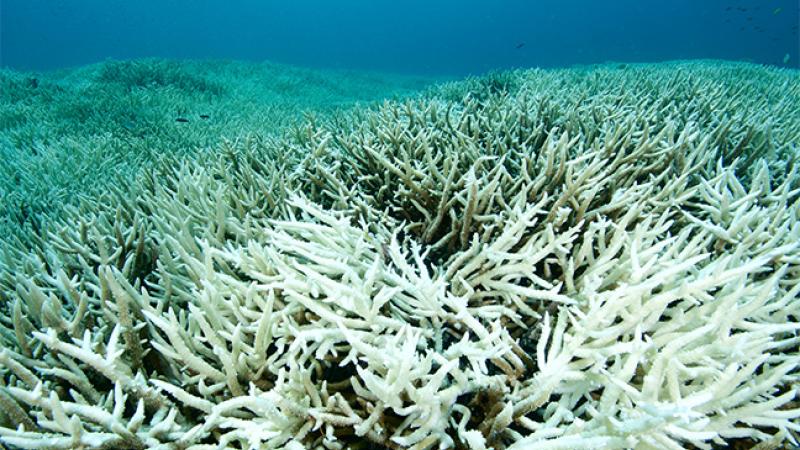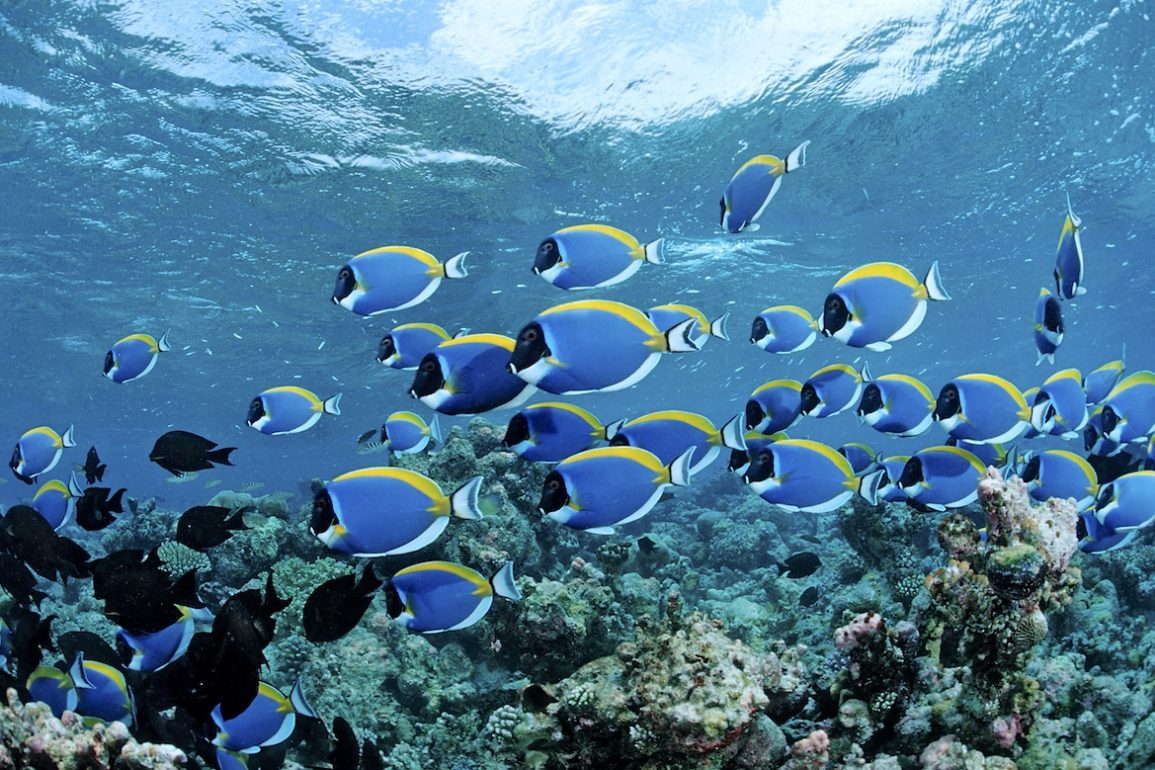A new study highlights the rapid decline of dissolved oxygen in the world’s water bodies, identifying it as a major threat to Earth’s life support system. Researchers, from the United States, attribute this decline to climate change and greenhouse gas emissions, according to Science Alert.
Warmer water holds less oxygen, which poses a severe problem for aquatic life that depends on dissolved oxygen, similar to how atmospheric oxygen is crucial for humans and animals.
The research team advocates for the inclusion of aquatic deoxygenation in the list of “planetary boundaries,” which are thresholds that humanity must not exceed to sustain development and well-being.
Currently, there are nine recognized planetary boundaries, including climate change, ocean acidification, and biodiversity loss, among others. Adding aquatic deoxygenation to this list would underscore its critical importance to the planet’s health.

The scientists argue that the ongoing deoxygenation of freshwater and marine ecosystems is an additional planetary boundary process essential to maintaining Earth’s ecological and social systems. This process both influences and is influenced by changes in other planetary boundary processes.
They emphasize that the rates at which critical oxygen thresholds are being approached are comparable to those of other significant planetary boundary processes.
In addition to climate change, the study identifies other factors contributing to the rapid depletion of aquatic oxygen. These include the increase in algae and bacteria driven by the influx of organic matter and nutrients from agricultural and domestic fertilizers, sewage, and industrial waste. Such nutrient pollution exacerbates the oxygen depletion problem, further stressing aquatic ecosystems.
The scientists warn that if oxygen levels drop to critical lows, even anaerobic microbes, which typically thrive without oxygen, will face extinction. This stark possibility underscores the urgent need to address aquatic deoxygenation to prevent catastrophic impacts on aquatic life and the broader ecological balance.

